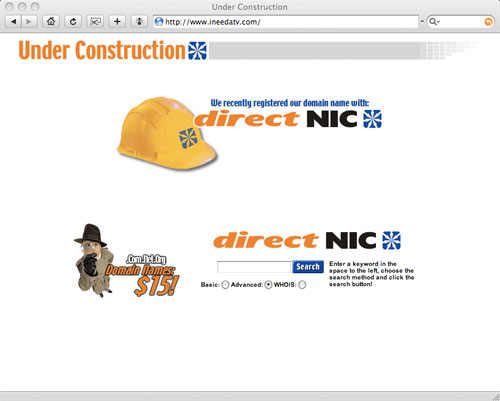Following in the footsteps of New York, California seeks to imposed its own version of the Amazon tax. Specifically, ABX8 8 seeks to amend Section 6203 of the Revenue and Taxation Code, which covers the collection of sales tax in the State of California.
(5) (A) Any retailer entering into an agreement or agreements under which a person or persons in this state, for a commission or other consideration, directly or indirectly refers potential purchasers of tangible personal property to the retailer, whether by a link or an Internet Web site or otherwise, provided that the total cumulative sales price from all of the retailer’s sales of tangible personal property to purchasers in this state that are referred pursuant to all of those agreements with a person or persons in this state, within the preceding 12 months, is in excess of ten thousand dollars ($10,000).
Here’s the bill analysis:
Expanded sales tax nexus . A contentious issue in sales and use tax administration relates to the extent to which a state may compel an out-of-state retailer to collect use taxes from its in-state customers. The issue is of considerable importance because, although Californians are required to self-report out-of-state purchases for use in this state, the compliance rate is very low.
In general, an out-of-state retailer must have sufficient business presence in the State (also known as “nexus”) in order to be required to collect and remit the tax. Under current law, a retailer is considered “engaged in business in this state” and required to collect the California use tax on sales made to California consumers when it maintains storage or warehousing facilities in the state or it has a representative or independent contractor operating in this state for the purpose of selling, delivering, installing, assembling, or the taking of orders for the tangible personal property.
Current Board of Equalization regulations specify that the use of a computer server on the Internet to create or maintain a web page or site by an out-of-state retailer is not considered a factor in determining whether the retailer has a substantial nexus with California. The regulations further state that an Internet service provider or other Internet access service provider, or World Wide Web hosting services shall not be deemed the agent or representative of any out-of-state retailer as a result of the service provider maintaining or taking orders via a web page or site on a computer server that is physically located in this state.
This bill provides that the term “retailer engaged in business in this state” includes any retailer that enters into an agreement with a California business or other entity under which the California entity, for a commission or other consideration that depends on actual sales, directly or indirectly refers potential customers of tangible personal property to the retailer. The referral can be by a link or anInternet Web site, or some other means, provided that the cumulative sales price from sales by the retailer to customers in California who are referred pursuant to these agreements exceeds $10,000 during the preceding 12 months.
The measure does not apply to advertising on television, radio, in print, on the Internet, or any other medium, unless the payment for advertising consists of a commission or other consideration that is based on sales of tangible personal property. Thus, banners and “click-throughs” on internet sites, such as Google, which are based on models other than sales commissions for referrals, would not create nexus with California. However, the bill could apply to out-of-state sellers using California-based marketplace sites, such as e-Bay.
The bill is based on legislation enacted in the state of New York in 2008. That law has been challenged on Constitutional grounds, but the challenges were dismissed at the trial court level. Currently, three states (New York, North Carolina, and Rhode Island) have enacted laws requiring remote sellers using on-line affiliates to collect use taxes, and lawmakers in several other states have introduced similar legislation.
I’m not sure about the part about Google though since they do have an affiliate network.
